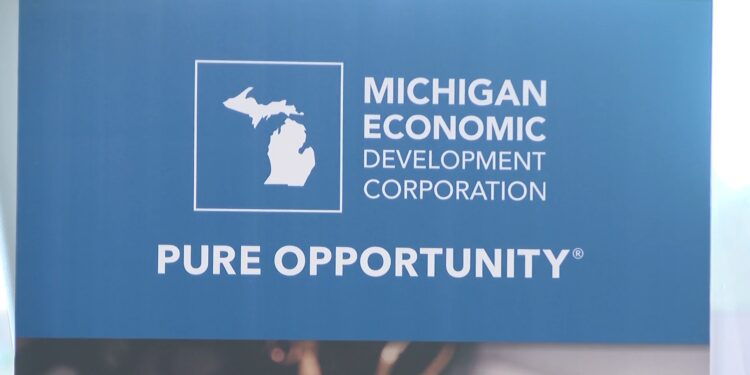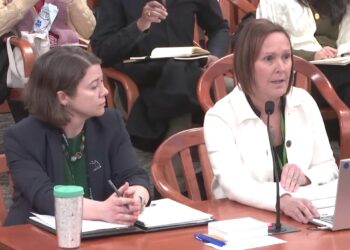LANSING, Mich. (WZMQ) – The Michigan Economic Development Corporation (MEDC) has officially pulled more than $47 million in state funds from the planned Gotion electric vehicle battery plant in Green Charter Township, effectively ending state support for what was once expected to be one of Michigan’s largest clean-energy manufacturing projects.
The $2.4 billion project was first announced in 2022 and projected to bring more than 2,000 jobs to Mecosta County. However, in a statement this week, the MEDC said Gotion failed to meet its contractual milestones and had not made meaningful progress at the site for more than a year.
Under the state’s agreement, the company was required to hit specific development and employment benchmarks before receiving portions of a $125 million Critical Industry Program grant. Because those conditions were not met, the MEDC has revoked all future funding and is seeking repayment of $23.6 million previously used to purchase land for the project. Another $26.4 million in site preparation funds will be returned to the state’s general budget.
Rep. Joey Andrews (D-St. Joseph) said the decision proves the state’s economic development agency is doing its job, enforcing contracts and protecting taxpayer money.
“When they don’t deliver, we gotta take that money back,” Andrews said. “It’s good, it shows that we’re willing to enforce the deals that we make. You don’t just get to come and take advantage of Michigan.”
Andrews said the controversy underscores a larger need for Michigan to rethink its approach to attracting business investment. Instead of relying on billion-dollar incentive programs like the Strategic Outreach and Attraction Reserve, or SOAR, he argues the state should focus on building what he calls a stronger “economic ecosystem.”
“We’ve got to stop thinking about development as one big project at a time,” Andrews said. “It’s about building an ecosystem, better schools, roads, housing, that make businesses want to come here in the first place.”
Republican lawmakers share Andrews’ concerns about how the system works, but their solutions take a different form. Rep. Tom Kunse (R-Clare), who represents much of the region near the proposed plant, said the Gotion project shows the dangers of government “picking winners and losers.”
“When the government gets involved and starts picking winners and losers, it doesn’t work,” Kunse said. “The track record is abysmal, we’re better off letting the free market do what it does best.”
Kunse says the failed deal should serve as a wake-up call for Lansing to stop what he calls “corporate bribery” through tax breaks and direct grants, and instead refocus on local entrepreneurs and small businesses that already employ Michiganders.
“Bribing companies to come here doesn’t work,” he said. “Let’s garden our own companies instead of trophy hunting.”
The MEDC said in its announcement that it remains committed to bringing high-paying, advanced manufacturing jobs to the state, but only through partnerships with companies that meet performance standards.
While the agency’s decision effectively ends the Gotion project as it was originally proposed, both parties say it could be an opportunity to overhaul Michigan’s economic development playbook. Whether that new approach gains traction could determine Michigan’s competitiveness in the growing electric vehicle industry, and how the state defines “economic development” for the next decade.










